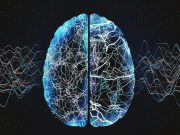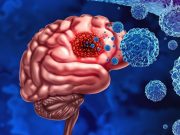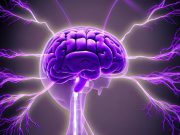Tag: Epilepsy
Broad Support Seen for Newly Developed Epilepsy Surgery Guideline
Competency-based epilepsy surgery educational curriculum composed of domains of diagnosis, counseling, presurgical workup, surgical techniques
Socioeconomic Disparities Contribute to Frequent ED Visits for Seizure
Increased odds of high ED visits seen for those with Medicare, Medicaid, no insurance versus private insurance
Early-Onset Neonatal Sepsis Linked to Childhood Epilepsy
Highest risks for epilepsy seen for children with meningitis and culture-positive meningitis
Epilepsy More Common With Frontotemporal Dementia
Findings compared to people with Alzheimer disease and healthy controls
Quality Improvement Strategy Improves Depression, Anxiety Screening With Epilepsy
However, variability seen across clinic team members and lower reach among older and non-White patients
Tumor-Related Epilepsy Not Strong Prognostic Factor in Diffuse Glioma
Presence of tumor-related epilepsy not a significant predictor of survival in multivariate analyses
All-Cause Mortality Higher With Sleep Deprivation in Seniors With Epilepsy
After adjustment for demographic and health variables, hazard ratio was 1.94 for individuals with epilepsy and sleep deprivation
New Definition of Epilepsy Improves Diagnosis, Treatment
Most newly diagnosed patients were seizure-free at 12 months of follow-up
Medial Temporal Lobectomy Aids Seizure Outcomes in Epilepsy
Findings seen for patients with drug-resistant temporal lobe epilepsy
Use of Parallel Transmit 7T MRI Changes Management for Epilepsy Surgery
Lesions were better visualized on pTx than circularly polarized MRI in 57 percent of cases and were never better visualized on circularly polarized MRI














